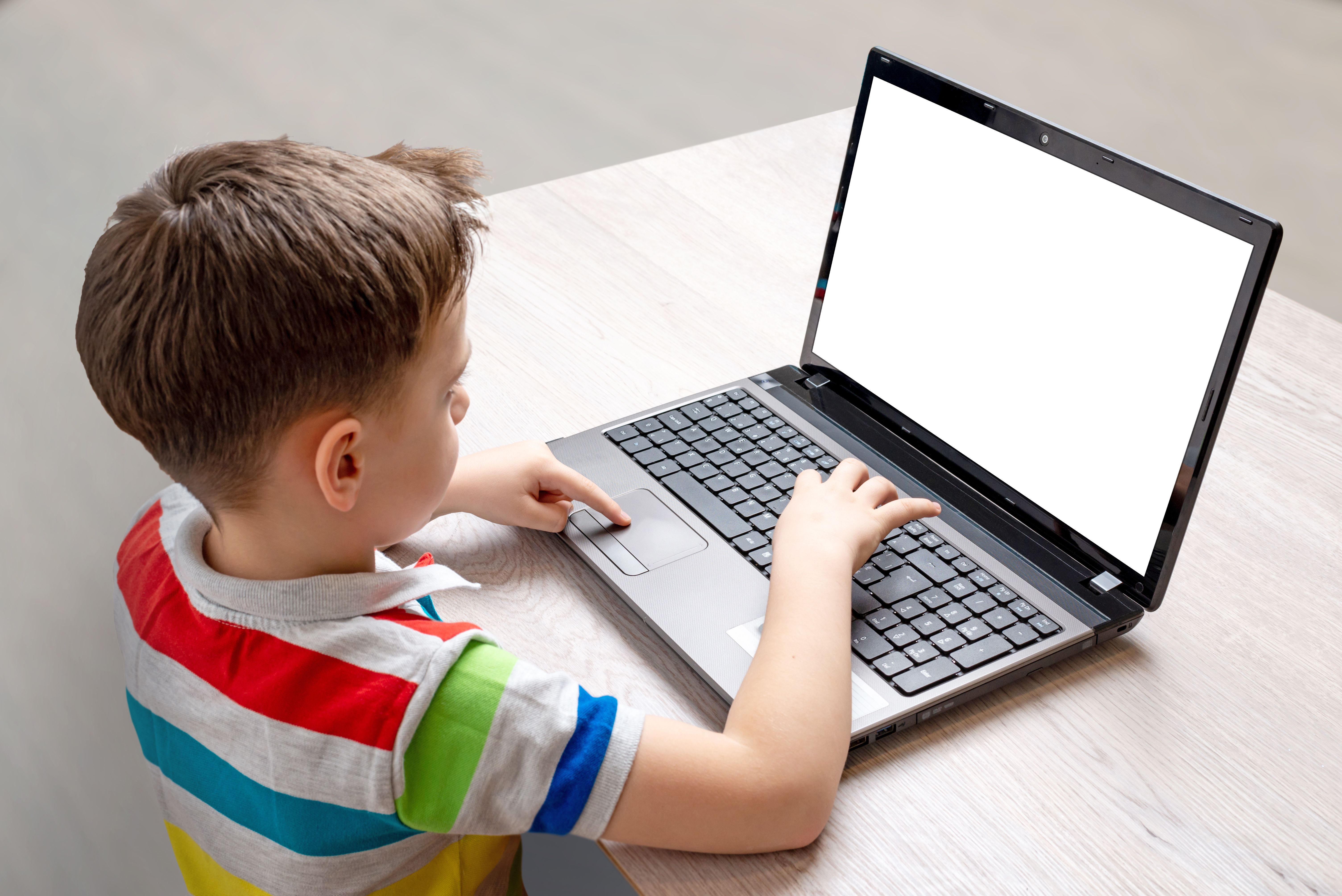
"The world changed dramatically when ChatGPT was released to the public in November 2022. Primitive chatbots had been around for decades, but they were clunky, dull, and uninformative-completely unsuited for use by teenagers or children. ChatGPT is lively, charming, and colloquial; it answers all questions and helps with homework; is there whenever you're lonely, sad, or anxious; and (unlike people in real life) is always kind, empathic, and validating."
"The greatest strength of chatbots is also their greatest weakness. Tech companies made user engagement the highest priority in chatbot programming; their intent is to extend screen time because this translates into larger market share, increased profits, and higher stock price. Bots are trained to be subtly seductive and consistently validating. Their remarkable engagement skills may make them somewhat helpful therapists for adults with everyday problems and minor psychiatric symptoms-but they are dangerous for kids and for adults suffering from severe mental illness. 2"
ChatGPT’s release in November 2022 transformed chatbots into lively, colloquial, and consistently validating companions attractive to young people. Many teenagers now share personal feelings with chatbots and younger children may seek them out as well. Companies prioritize user engagement and extended screen time because this increases market share, profits, and stock value. Chatbots are trained to be subtly seductive and consistently validating, which can intensify dangerous thoughts and behaviors in children and worsen severe mental illness in adults. Entrepreneurial indifference to clinical values has left risk mitigation, adverse-event monitoring, and patient-safety measures largely inadequate.
Read at Psychiatric Times
Unable to calculate read time
Collection
[
|
...
]